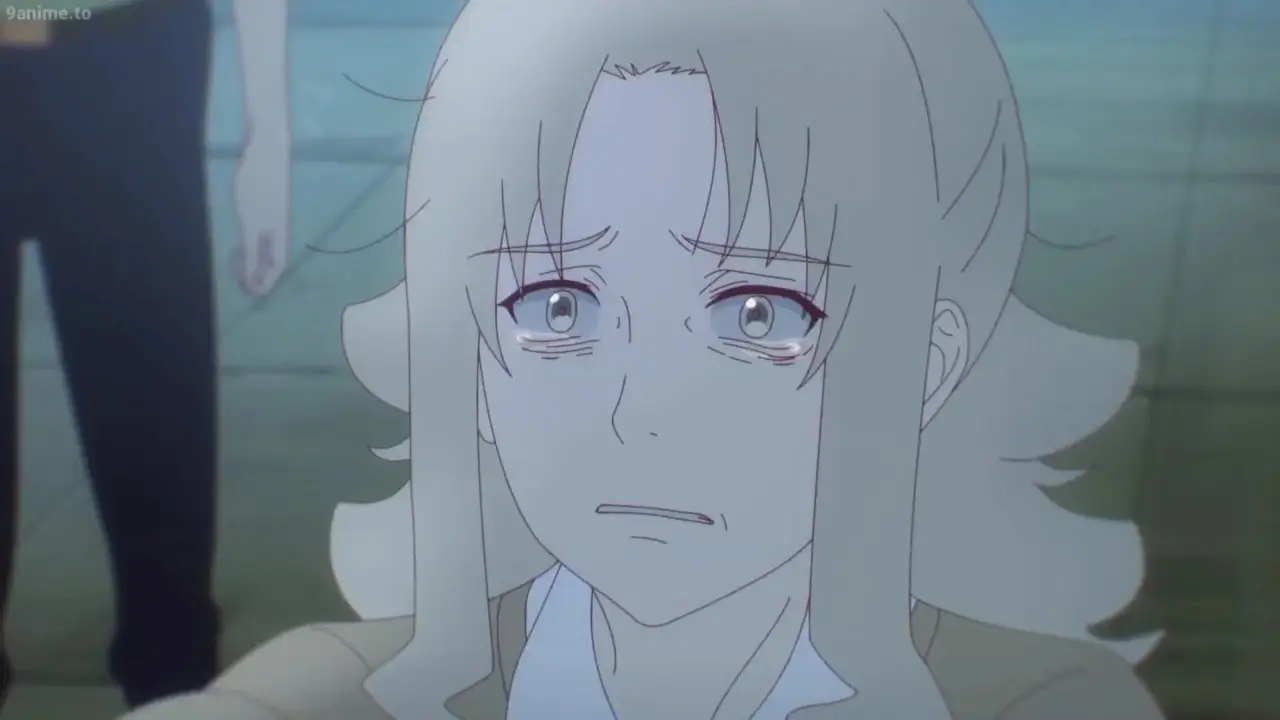To Be Heroine is a unique Donghua (Chinese animation) that blends surreal fantasy with emotional storytelling. Among its ensemble of memorable characters, Hikaru stands out not just for his striking presence but for the layered complexity he brings to the narrative. This article explores Hikaru’s character, his influence on the storyline, and why he resonates deeply with the audience.
Who is Hikaru?
Hikaru is one of the central characters in To Be Heroine, a sequel and thematic counterpart to the earlier series To Be Hero. Unlike the often comedic tone of its predecessor, To Be Heroine delves into psychological and emotional depths. Hikaru appears as a mysterious figure who exists within the fantasy world that the protagonist, Futaba, finds herself trapped in.
Physically, Hikaru is depicted with delicate features and an ethereal aura, which reflects his symbolic role in the story. His design is intended to invoke both vulnerability and strength—a paradox that aligns with the themes of identity and self-discovery in the series.
Hikaru’s Role in the Story
Hikaru functions as both a guide and a mirror for Futaba. As she navigates a world governed by childlike logic and emotionally charged battles, Hikaru serves as a stabilizing force. He helps her understand the symbolic meanings behind the strange events around them. However, his role is far from passive. Hikaru embodies the suppressed emotions and unresolved traumas that Futaba herself must confront.
As Futaba begins to understand the alternate world’s connection to her real-life struggles—particularly those involving loss, loneliness, and the pressures of adolescence—Hikaru’s presence becomes more than just comforting. He represents an inner voice, sometimes encouraging, sometimes challenging, but always essential.
A Study in Contrast
One of Hikaru’s most compelling characteristics is his juxtaposition of softness and resilience. He speaks gently, often choosing his words carefully, but his convictions run deep. This contrast serves to emphasize the emotional maturity that belies his youthful appearance.
In an interview, Donghua creator Haoliners Animation League described the characters of To Be Heroine as “manifestations of emotional truth, rather than psychological realism”. Hikaru fits this mold perfectly. His actions are not always logical by real-world standards, but they make perfect emotional sense within the context of the story’s symbolic universe.
Hikaru and Futaba: A Symbolic Relationship
The relationship between Hikaru and Futaba is not romantic in a conventional sense, although it carries deep emotional intimacy. Their bond is symbolic of understanding oneself through others. Hikaru often says things that resonate with Futaba’s inner fears and hopes, prompting her to grow.
At several key moments, Hikaru challenges Futaba to make difficult choices, even when it would be easier for her to retreat into fantasy. In doing so, he becomes a catalyst for her transformation. Their interactions underscore a central message of the series: that facing pain is a prerequisite for genuine growth.
Emotional Themes and Symbolism
Hikaru embodies several core themes of To Be Heroine, including:
- Emotional Honesty: Hikaru rarely hides his feelings, even when they make him vulnerable. This openness serves as a model for Futaba and, by extension, the viewer.
- Duality: Like the world they inhabit, Hikaru contains contradictions—strength in fragility, wisdom in innocence.
- Hope: Despite the darkness that surrounds them, Hikaru remains a beacon of possibility. His belief in Futaba never wavers, even when she doubts herself.
These elements make Hikaru more than just a side character; he is a thematic cornerstone of the narrative.
Voice Acting and Performance
In the original Chinese version, Hikaru is voiced with a calm and soothing tone that perfectly captures his introspective nature. The voice actor, while not a household name, has been praised in fan communities for bringing a sense of gentle urgency to Hikaru’s lines. In an unofficial fan forum, one viewer remarked: “Hikaru’s voice makes you feel like you’re being heard, even when no words are spoken.”
Such performances elevate the emotional stakes of the series and deepen our understanding of Hikaru as a character.
Reception and Popularity
Hikaru has garnered a significant fan following despite the relatively niche status of To Be Heroine outside of China. Online forums, fan art, and analytical videos often highlight his emotional intelligence and quiet strength.
In a character popularity poll conducted by a major anime review blog in 2023, Hikaru ranked second among all characters from Chinese anime series, praised for his “soft-spoken wisdom and hauntingly beautiful design.”
Cultural Significance
Characters like Hikaru mark a shift in the portrayal of male figures in animation. Rather than being defined by brute strength or stoicism, Hikaru is thoughtful, emotionally articulate, and empathetic. This challenges traditional gender norms in animation and reflects broader cultural shifts toward emotional intelligence as a valued trait.
According to Dr. Ming Zhao, a professor of East Asian Media Studies, “Characters like Hikaru represent a new wave of emotionally nuanced storytelling in Donghua, where inner conflicts are dramatized just as vividly as outer battles.”
Conclusion: Why Hikaru Matters
Hikaru is more than just a supporting character in To Be Heroine—he is a vital emotional anchor. His presence helps decode the surreal narrative and lends emotional depth to Futaba’s journey. Through his gentle guidance, unwavering belief, and symbolic resonance, Hikaru has earned a place among the most compelling characters in Donghua.
As the world of Chinese animation continues to grow in both scope and sophistication, characters like Hikaru demonstrate the power of emotionally rich storytelling. Whether you’re a fan of To Be Heroine or new to Donghua, Hikaru’s character offers a poignant reminder: sometimes the quietest voices speak the loudest truths.
